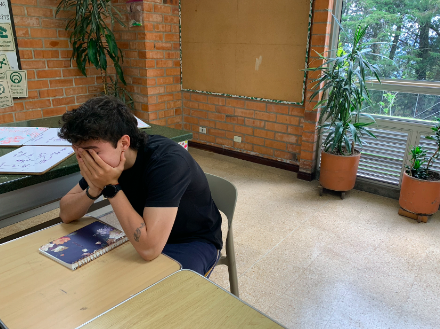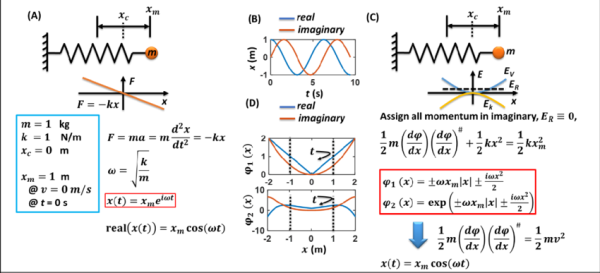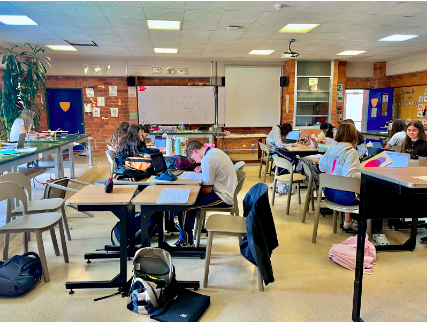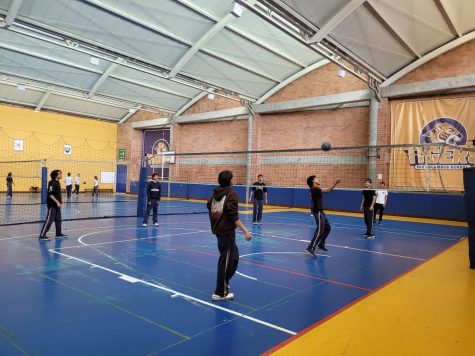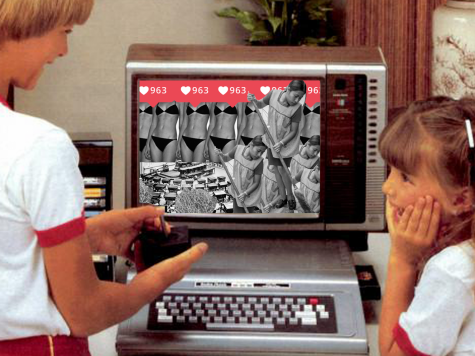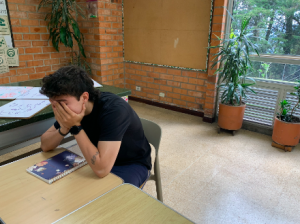Learning for the 21st Century
In the 21st century, learning the parts of an atom is no longer enough for students to develop themselves successfully in the real world. Memorizing is now old-fashioned, and schools need to give their students a set of skills, rather than concepts, to navigate a complex world. Project-based learning is the perfect strategy to give these abilities to students, although it’s highly criticized for its difference from traditional education. In education, everything is ever-changing. However, project-based learning is here to stay because it promotes authentic work that comes from motivation and develops fundamental world skills.
One of the main goals of project-based learning is to encourage authentically motivated students through the ownership of learning. Through this method, learning gives the knowledge relevance and makes it long-lasting. According to The Journal of the Learning Sciences, “Studies comparing learning outcomes for students taught via project-based learning versus traditional instruction show that when implemented well, PBL (Project-based Learning) increases long-term retention of content, helps students perform as well as or better than traditional learners in high-stakes tests, improves problem-solving and collaboration skills, and improves students’ attitudes toward learning.” At TCS, the Journalism class is a perfect example of how PBL is effective. “Journalism is a relevant class. In most classes, we tend to forget about the topic after the exam. (However,) when you write an article, you do research and create an opinion, and that is something you won’t forget. You are taught about a variety of topics while perfecting your writing skills in the process,” Marianna Roman, TCS senior, said. The fact that students can choose what they write about grants learning a deeper purpose. Students control how far they take their knowledge and understanding after meeting the essential standards. Most importantly, they feel like their work is valued and their opinion is being heard. While in traditional education a student may write a paper and it will be read by their teacher or their peers, project-based learning classrooms look for a real-life audience. Lastly, learning is long-lasting when the student finds that the knowledge will be beneficial outside a classroom. When work is purely based on real-life problems and situations, students comprehend how their knowledge may come in handy in the future. However, PBL is criticized because of the lack of guarantee that students meet standards while having ownership of their projects. Nonetheless, the development of skills can be applicable in many different areas, as opposed to memorization.
Project-based learning seeks to find intrinsic motivation in students by allowing them to learn skills through researching their passions and hobbies. In traditional education, the drive to complete the work is the grade. On the other hand, PBL looks for the student’s motivation to be the main drive of their learning. According to the Grand Valley State University findings, “External motivations can slow learning down and lead students to make errors during the learning process.” When students are given the freedom to choose the subjects they would like to research, it results in wanting to learn about something that the student feels passionate about, giving the student the intrinsic motivation to engage in the assignment. And although some may say PBL makes slacking easier, when students are given the freedom to choose to learn what they love, they will decide not to slack because the assignment will no longer be schoolwork but rather something they’re passionate about. Project-based learning is here to stay because it gives students a place to learn about what they really love, making learning engaging.
Schools need to build a combination of essential knowledge and life skills, and this is achieved through project-based learning. “The Journalism class offers opportunities to (not only) write articles but also to run the paper… the fact that there is a real audience is what makes it authentic. In addition to writing an article, (we think) of all the research, the different kinds of interviewing, scheduling, organizing, and connecting with other people. Interpersonal skills are key to project-based learning,” David Gold, Journalism teacher and pioneer of project-based learning at TCS, said. We live in a problem-filled world, usually solved through projects, and thus, students need critical thinking, collaboration, and communication skills, which is what PBL seeks to build in students. Sometimes learning is temporary, but life skills last forever. It is highly argued that life skills are challenging to measure. However, these skills are not the end goal; it is the final product that requires developing the skills to create quality work. Project-based learning develops fundamental 21st-century abilities that put well-rounded people out into the professional world.
Teaching has evolved in many ways, and it needs to keep growing to accommodate the necessities students have to be successful in an ever-changing world. Through project-based learning, schools find the perfect way to teach these skills to their students. Through PBL, students find their valuable voice and see how this could promote change in the real world.





